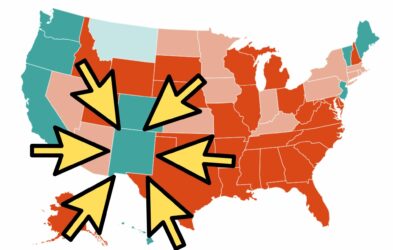This is a transcript of the testimony in support of LD 347/LD 1066 given by Valerie Lovelace, Executive Director of It’s My Death, at the April 5, 2017 hearing of the Maine State Legislature’s Joint Standing Committee on Health and Human Services. We have formatted and lightly edited the testimony; likewise, the subheadings are ours.
*
Senator Brakey, Representative Hymanson, and members of the Health and Human Services Committee. My name is Valerie Lovelace and l live on Westport Island, Maine. I founded and now direct a 501(c)(3) non-profit called It’s My Death with the goal of helping people connect with death and dying as a part of living authentically and consciously. I am an end-of-life consultant, a researcher and educator on Death with Dignity laws, have served as a hospice volunteer, and manage a small home care business. I’ve watched a number of people die; some of them very well and some very badly.
I fully support LD 347, an Act to Support Death with Dignity, and I ask that you do the same.
I have only one question for this Committee: How much longer will the State of Maine continue to consider it a crime for a physician to ease the suffering of a competent, dying adult?
In 2015, LD 1270 failed to pass by one Senate vote. Since that time, two more states, California and Colorado, have enacted Death with Dignity laws permitting qualified residents to have access to a lethal dose of medication to ease their suffering if they choose and when they choose. Six states now have a safe, legal process for competent, dying adults to augment other end-of-life services.
When I’m diagnosed with an illness that will eventually end my life, I can move to any of these states and once qualified, ask for and receive a prescription to help me die in a way that preserves my personal sense of autonomy.
If I remain here in Maine, the same act is a crime and would put me, my physician, family, and pharmacist at risk of prosecution.
It is beyond comprehension that residents of Maine have to consider leaving home and family to pursue end-of-life care and services they feel they need.
To continue confusing this discussion with the same tired, unfounded, rhetorical opposition suggests a profound disinterest for understanding the individual nature of our dying and the very straight forward process defined by these laws.
How much longer will the State of Maine continue to consider it a crime for a physician to ease the suffering of a competent, dying adult?
Dying is a deeply private experience that should not have to conform to any other personal, organizational, or religious ideas of how it should go.
Let’s be very clear. It is established fact that these laws are working exactly as intended, and that they have been consistently and safely administered for the past 20 years in the United States. All allegations otherwise are false and the data repeatedly bears that out.
How much longer do we have to wait and suffer under a system that dictates how we are to die?
About the Author
Valerie Lovelace is the executive director of It’s My Death, our partner organization in Maine, which teaches “others how to be with dying, how to speak and listen to one another, and how to go on even when afraid.” She is an inter-faith minister, a hospice volunteer, a artist, a homeopathic practitioner, a Reiki Master, a U.S. Navy veteran, a trained EMT, and the parent of three adult children.

No comments.